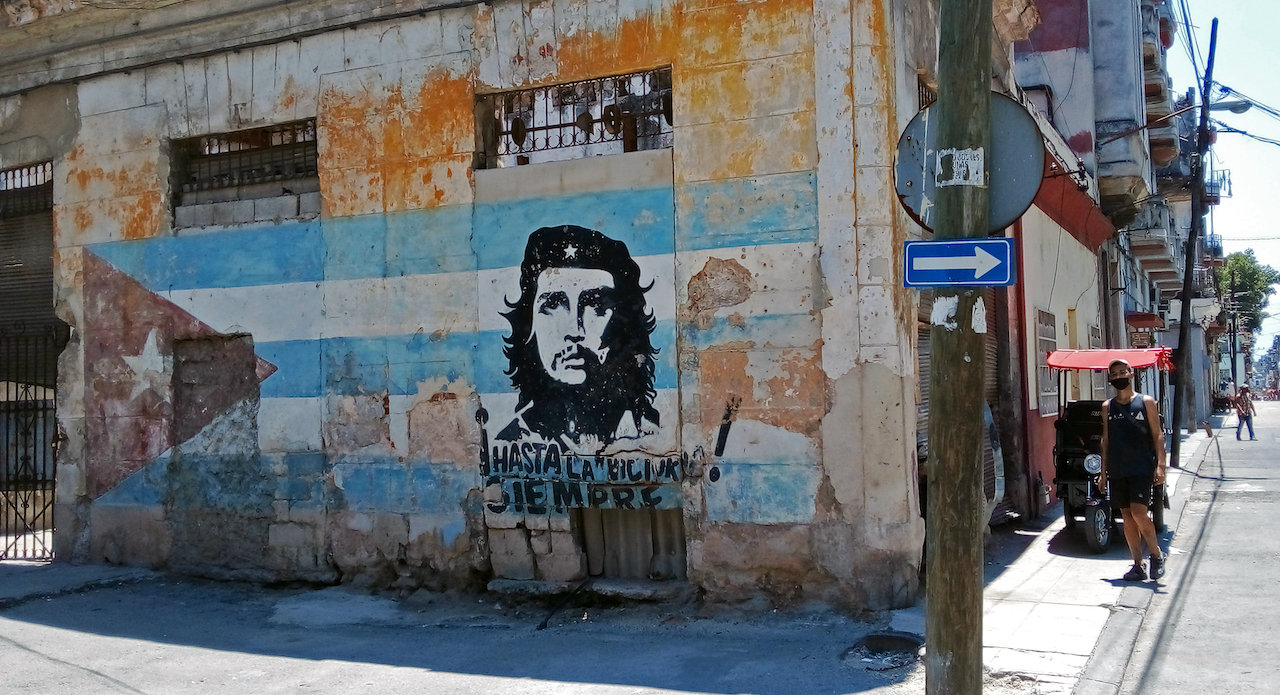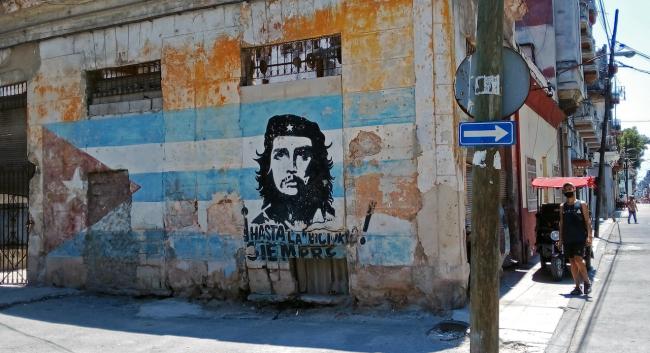To talk about foreign investment in Cuba and the reasons why it is insufficient to halt the widespread process of decapitalization that the country is suffering, is to talk about the obvious consequences of the dispute with the United States, but mainly of the systemic defects typical of Castroism, which slow, complicate, retard, and ultimately scare off potential investors interested in investing in the island.
Undoubtedly, these are factors that aggravate the risk the island poses for foreign investors, but they probably are not as important as the implicit danger of putting money in the realm of a regime that, respecting no other law than its own, is almighty within its borders. And how can one with a grapple with a force that is supreme?
The conflicts that arise between partners who undertake long-term investment projects are infinite in variety, and very frequent even when there are contractual relationships involved, since every contract suffers from two insurmountable shortcomings: they are open to different interpretations, and they cannot fully anticipate new circumstances in the future. Potential conflict is always a latent hazard.
In order to resolve conflicts peacefully, there are courts, but lawsuits are onerous, tend to take a long time, and sometimes are not specialized. Therefore, it is increasingly common to settle commercial disputes outside ordinary jurisdictions, turning to third parties accepted by the parties in conflict. These institutions are known as arbitration courts.
In Latin America and the rest of the world most arbitration courts are founded as private initiatives, without any ties to governments, although they do adhere to certain regulations drawn up by them, found in international conventions, and issued by prominent and proven organizations in this area.
In Cuba there is the Cuban Court of International Commercial Arbitration, which is unusual in that is not independent, but rather one more body of the Chamber of Commerce, which, in turn, is not independent either, as are most Chambers of Commerce in the free market world, but rather an office attached to the Ministry of Foreign Trade.
The court's "international" dimension means that it will only deal with disputes involving a foreign party. Matters between domestic companies are resolved administratively, judicially or, regularly, by the direct decision of some bigshot, which undercuts arbitration in Cuba, as any observer can appreciate its lack of independence.
In this same regard, the worst thing is that, like everything in Cuba, the Government also monopolizes commercial arbitration too, and, although it is a signatory of the 1961 Geneva Convention on International Commercial Arbitration, arbitration in Cuban territory is only legal if it is done through state channels, which neither recognize nor admit the possibility of ad hoc arbitration outside their institutions.
Another unique aspect of arbitration in Cuba is the impossibility of something that is common in other parts of the world: for the parties to freely appoint the arbitrator they decide on, according to their needs and preferences. On the island parties can only choose an arbitrator from a short list of candidates established by the Chamber of Commerce; that is, by the Government.
Arbitration in Cuba, in turn, is limited by an order of priority specifying that it is subject to the procedural rules approved by the Chamber of Commerce, Resolution No. 8/2018 and, ultimately, the Ordinary Jurisdiction Procedure Law, which defies the custom that parties may previously agree on the procedures they will abide by, with these even prevailing over the Civil Code.
In light of all this, it is clear that the Cuban Government has seen to it that justice will never be allowed to harm its interests. To control everything it has set up the country's legal framework in such a way that it is impossible to escape its long arms.
For practical purposes, negotiating with the Cuban government is a lot like negotiating with Al Capone: it operates according to a code that it creates, and that it disregards anytime it needs to. It is the master of the game and all its rules. This is not to say that a partner who aggravates the government will end up at the bottom of a bay with a cement block attached to his feet - although some foreign businessmen based in Cuba, like Robert Baudrand, have suffered suspicious demises. But it is to say that whoever deals with the Cuban government should be aware that they are at the mercy of an all-powerful entity, which is not a comfortable position.
Does anyone really believe that Cuba’s courts, including its Court of International Commercial Arbitration, would ever rule against the government in any case of real importance?


Answer: Shit !!!
Only a total imbecile would